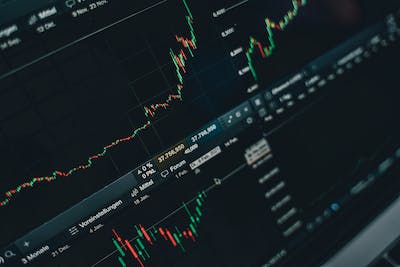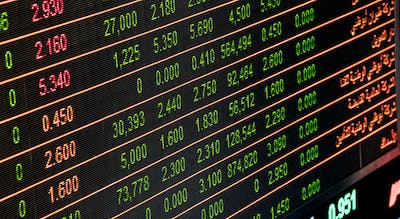
Technical vs Fundamental Analysis in Forex Trading A Comprehensive Guide
December 4, 2023
Unveiling the Advantages of Forex Demo Accounts: A Comprehensive Guide
December 6, 2023Forex trading, with its potential for substantial profits, also carries inherent risks. For novice and seasoned traders alike, steering through the dynamic world of foreign exchange demands vigilance and a keen understanding of the pitfalls that can undermine success. In this comprehensive guide, we explore common Forex trading mistakes and offer insights on how to avoid them, paving the way for a more informed and resilient trading journey.
1. Lack of Education and Research
Mistake: Jumping into Forex trading without a solid educational foundation and comprehensive research.
Avoidance Strategy:
-
Educate Yourself: Take the time to understand the fundamentals of Forex trading, including market dynamics, key terminologies, and trading strategies.
-
Continuous Learning: Stay updated on market trends, economic indicators, and global events through ongoing education and research.
2. Neglecting Risk Management
Mistake: Failing to implement effective risk management strategies.
Avoidance Strategy:
-
Set Stop-Loss Orders: Define predetermined exit points to limit potential losses.
-
Diversify Portfolio: Avoid putting all funds into a single trade; diversification spreads risk.
-
Risk-to-Reward Ratio: Maintain a favorable risk-to-reward ratio to ensure potential profits outweigh potential losses.
3. Emotional Trading
Mistake: Allowing emotions, such as fear and greed, to dictate trading decisions.
Avoidance Strategy:
-
Create a Trading Plan: Establish a well-defined trading plan with entry and exit points, and adhere to it.
-
Use Automation: Implement automated trading tools to execute trades based on predefined criteria.
-
Take Breaks: Step away from the screen during stressful market conditions to avoid impulsive decisions.
4. Overtrading
Mistake: Excessive trading leading to increased transaction costs and potential losses.
Avoidance Strategy:
-
Quality Over Quantity: Focus on quality trades based on thorough analysis rather than trading frequently.
-
Set Trade Limits: Establish a daily or weekly trade limit to prevent overtrading.
5. Neglecting Fundamental Analysis
Mistake: Relying solely on technical analysis without considering fundamental factors.
Avoidance Strategy:
-
Integrate Fundamental Analysis: Combine technical and fundamental analyses for a comprehensive trading approach.
-
Stay Informed: Keep abreast of economic indicators, geopolitical events, and market news.
6. Chasing Losses
Mistake: Attempting to recover losses by taking higher risks.
Avoidance Strategy:
-
Accept Losses: Acknowledge and learn from losses rather than chasing them.
-
Review and Adapt: Regularly review trading strategies, identify weaknesses, and adapt accordingly.
7. Ignoring Market Trends
Mistake: Going against prevailing market trends without a solid rationale.
Avoidance Strategy:
-
Follow Trends: Align trades with prevailing market trends for higher probability of success.
-
Use Trend Indicators: Leverage technical tools like moving averages to identify and confirm trends.
8. Lack of Discipline in Exiting Trades
Mistake: Holding onto losing positions in the hope that the market will reverse.
Avoidance Strategy:
-
Set Clear Exit Points: Define exit points before entering a trade and stick to them.
-
Use Trailing Stops: Implement trailing stops to lock in profits and protect against potential reversals.
9. Neglecting to Keep Records
Mistake: Failing to maintain a trading journal for analyzing past trades and identifying patterns.
Avoidance Strategy:
-
Maintain a Trading Journal: Record trade details, strategies, and outcomes for continuous improvement.
-
Track Performance: Regularly review and analyze trading journal entries to identify strengths and weaknesses.
10. Lack of Patience
Mistake: Expecting quick and consistent profits without understanding the cyclical nature of trading.
Avoidance Strategy:
-
Cultivate Patience: Understand that trading success takes time and discipline.
-
Focus on Long-Term Goals: Set realistic long-term goals and avoid the allure of quick fixes.
Conclusion: A Steady Path to Trading Success
Avoiding common Forex trading mistakes requires a combination of education, discipline, and a continuous commitment to improvement. By learning from past errors, implementing effective risk management, and staying attuned to market trends, traders can navigate the Forex market with greater confidence and resilience. The journey to trading success is a marathon, not a sprint, and avoiding these pitfalls sets the foundation for a sustainable and prosperous trading career.




